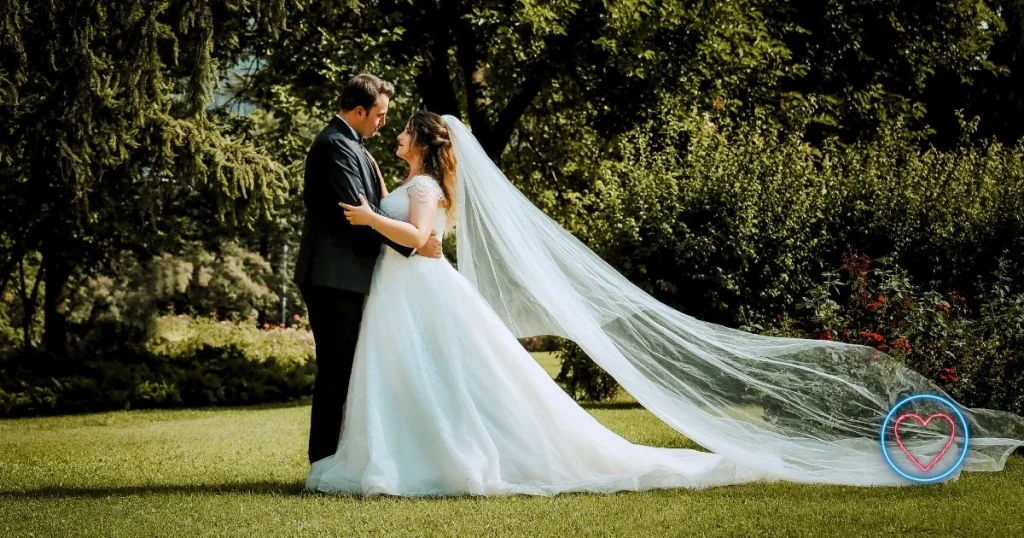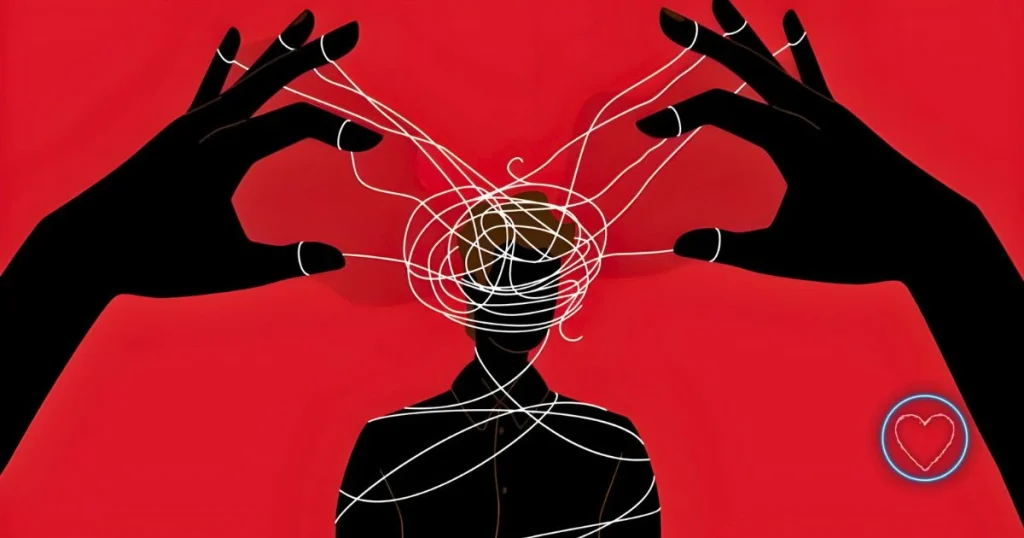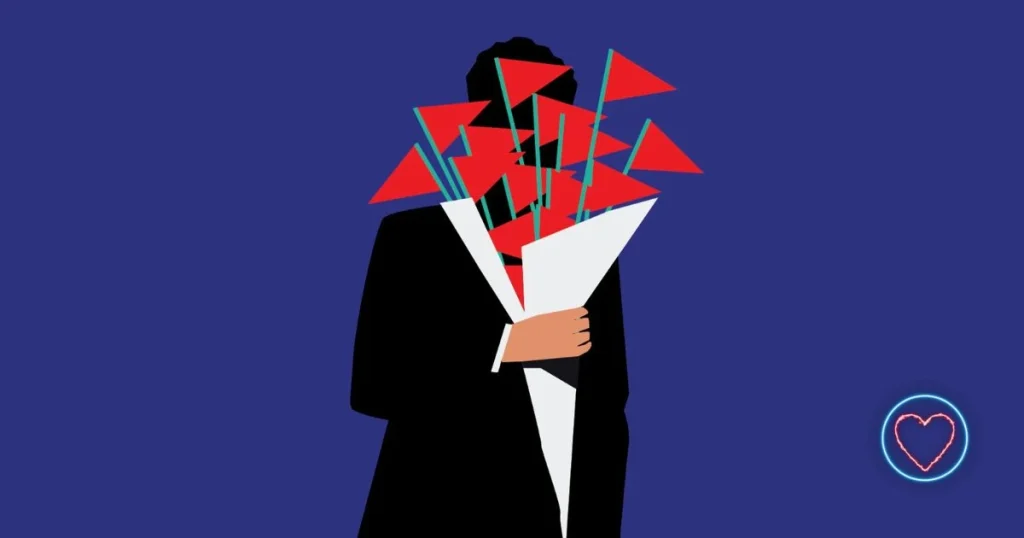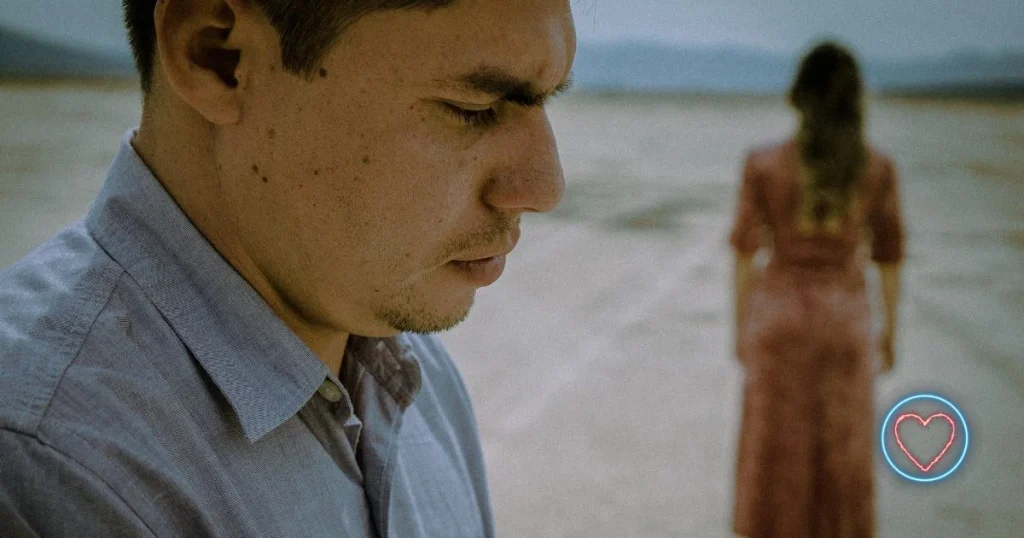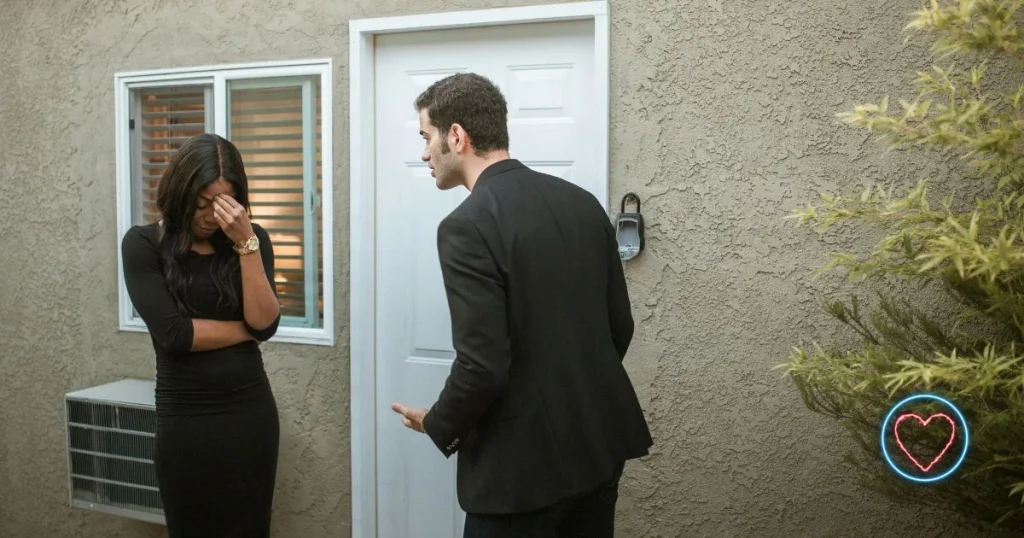Age-gap relationships have existed across cultures and generations, often attracting both fascination and judgment. Whether it’s a young woman dating an older man, or vice versa, these relationships stir public opinions, tabloid gossip, and social media commentary. Many people are quick to label them as “gold-digging,” “midlife crisis,” or “daddy issues.” But beyond these superficial stereotypes lie complex emotional, psychological, and social challenges that can either strengthen or strain the bond between partners.
This article dives deep into the real-life dynamics of age-gap relationships, exploring what makes them work, the obstacles they face, and how couples can navigate them with understanding and resilience.
Understanding the Age-Gap Relationship
An age-gap relationship typically refers to a romantic partnership where there is a significant age difference—often defined as 10 years or more—between the two individuals. While these relationships can exist in any gender configuration, the most common and socially visible tend to involve older men and younger women.
However, times are changing. Age-gap relationships are becoming increasingly diverse, including older women with younger men, same-sex couples, and even relationships with age differences of 20, 30, or more years.
The appeal is rarely just about age—it often involves personality compatibility, emotional maturity, lifestyle alignment, and shared life goals.
Common Stereotypes That Overshadow the Reality
Before we explore the real challenges, let’s dissect some of the most persistent stereotypes:
- Gold Digger Trope: The younger partner is accused of being in it for financial gain.
- Midlife Crisis Assumption: The older partner is labeled as desperate or trying to feel young again.
- Power Imbalance Myth: It’s assumed one partner controls the other due to age or experience.
- Daddy/Mommy Issues Claim: People suggest unresolved childhood trauma is at play.
- Short-Lived Romance Expectation: Many believe these relationships are doomed to fail.
These stereotypes are not just hurtful—they oversimplify the deep and genuine emotional connections that can exist between partners of different ages.
The Real Challenges Age-Gap Couples Face
1. Life Stage Discrepancies
Perhaps the biggest challenge in age-gap relationships is being at different phases of life. A 25-year-old may be exploring their career, friendships, and identity, while their 45-year-old partner might be thinking about retirement, parenting, or financial planning.
Example: One partner might want to travel and experience new adventures, while the other is focused on settling down and raising a family.
This misalignment can lead to frustration, unmet needs, and even feelings of being left behind or held back.
2. Social Judgment and Stigma
Age-gap couples often deal with judgment from friends, family, and strangers. They may face unsolicited comments, whispers, or even confrontations. The constant need to justify their relationship can take an emotional toll.
For example:
- Family members may disapprove of the older partner’s influence.
- Friends may express skepticism, thinking the relationship won’t last.
- Colleagues might gossip or make inappropriate jokes.
These external pressures can lead to feelings of isolation and stress within the relationship.
3. Cultural and Generational Differences
Each generation grows up with different cultural norms, communication styles, and values. This can create generational gaps that affect how couples relate to each other.
- One partner may be more traditional or less tech-savvy.
- Humor, music, political views, or opinions on parenting may vary widely.
- They may differ on how they express emotions or handle conflict.
Bridging these gaps requires open-mindedness, adaptability, and mutual respect.
4. Fertility and Family Planning
In heterosexual relationships where the older partner is a woman, fertility can become a significant issue. For men, even though they may remain fertile longer, energy levels and health concerns about parenting at an older age can be daunting.
Questions arise like:
- Should we have kids now, later, or not at all?
- What if the younger partner wants children the older one can’t have?
- Will there be enough time to raise the child together?
These are not just logistical concerns—they’re emotionally loaded discussions that can make or break the relationship.
5. Power Dynamics and Control
Although stereotypes exaggerate the power imbalance in age-gap relationships, it’s a valid concern in some cases. The older partner may have more life experience, financial resources, or emotional influence, which can lead to:
- Unconscious control over decisions or directions in life.
- Dependency that may stifle one partner’s personal growth.
- Resentment if one person feels infantilized or patronized.
Healthy age-gap couples actively work to maintain equality, independence, and shared decision-making.
6. Aging and Physical Differences
One of the realities age-gap couples must confront is aging. Over time, physical changes become more visible—energy levels differ, health issues emerge, and appearances shift.
This can lead to:
- Insecurity for the older partner.
- Frustration for the younger one if lifestyles diverge.
- Concerns about long-term caregiving roles.
Open dialogue and emotional intimacy are key to addressing these challenges without shame or resentment.
7. End-of-Life Planning
It’s not romantic to think about, but couples with a significant age gap often need to discuss end-of-life issues earlier than same-age couples. This includes:
- Estate planning
- Medical care and decision-making
- Long-term living arrangements
Having these conversations proactively demonstrates maturity and commitment to the relationship.
What Makes Age-Gap Relationships Work
Despite the challenges, many age-gap couples thrive. What’s their secret?
1. Mutual Respect
Both partners must view each other as equals—no matter their age. Emotional respect trumps numerical differences.
2. Emotional Maturity
Emotional intelligence helps navigate conflicts, understand different perspectives, and avoid petty arguments rooted in insecurity or fear.
3. Shared Core Values
Even with generational differences, shared beliefs about life, love, family, and goals are the glue that holds the relationship together.
4. Effective Communication
Healthy age-gap couples are often excellent communicators. They talk openly about their fears, differences, and expectations, and they listen just as much as they speak.
5. Supportive Community
Having friends and family who accept the relationship can greatly reduce outside pressure and reinforce confidence in the bond.
Real-World Examples: Famous Age-Gap Couples
Several celebrity couples have challenged the stigma and demonstrated long-lasting love:
- George Clooney (17 years older) and Amal Clooney are admired not just for their romance but for their shared passions and intellect.
- Priyanka Chopra and Nick Jonas (10-year gap) show that cultural and age differences can be overcome with mutual admiration.
- Sarah Paulson and Holland Taylor (32-year gap) are an example of how love thrives beyond societal expectations.
While fame shields them somewhat, it also magnifies their challenges—yet their success highlights what’s possible with emotional alignment.
How to Handle Criticism as an Age-Gap Couple
Facing criticism is inevitable, but how you respond can protect your mental peace and the health of your relationship:
- Set boundaries: Make it clear that intrusive questions or comments are off-limits.
- Choose your circle: Surround yourselves with supportive, open-minded people.
- Avoid overexplaining: You don’t owe anyone a justification for your love.
- Focus on your bond: Strengthen your relationship from within; the rest will follow.
- Seek therapy if needed: Couples counseling can help navigate complex emotional terrain.
Conclusion: Love Without a Timestamp
Age-gap relationships are not for everyone, and that’s okay. But dismissing them based on stereotypes does a disservice to the people who genuinely find love across generational lines. These relationships require a higher level of emotional awareness, communication, and long-term planning—but when rooted in mutual respect and love, they can be just as fulfilling and lasting as any other.
What truly defines a strong relationship isn’t age—it’s understanding, trust, and growth. When two people are willing to walk through life side-by-side, adjusting to each other’s rhythms and needs, they prove that love doesn’t ask for ID—it simply asks for effort.
So the next time you see an age-gap couple, look beyond the assumptions. What you might be witnessing isn’t manipulation or delusion—it could very well be two people brave enough to love in their own time, on their own terms.


